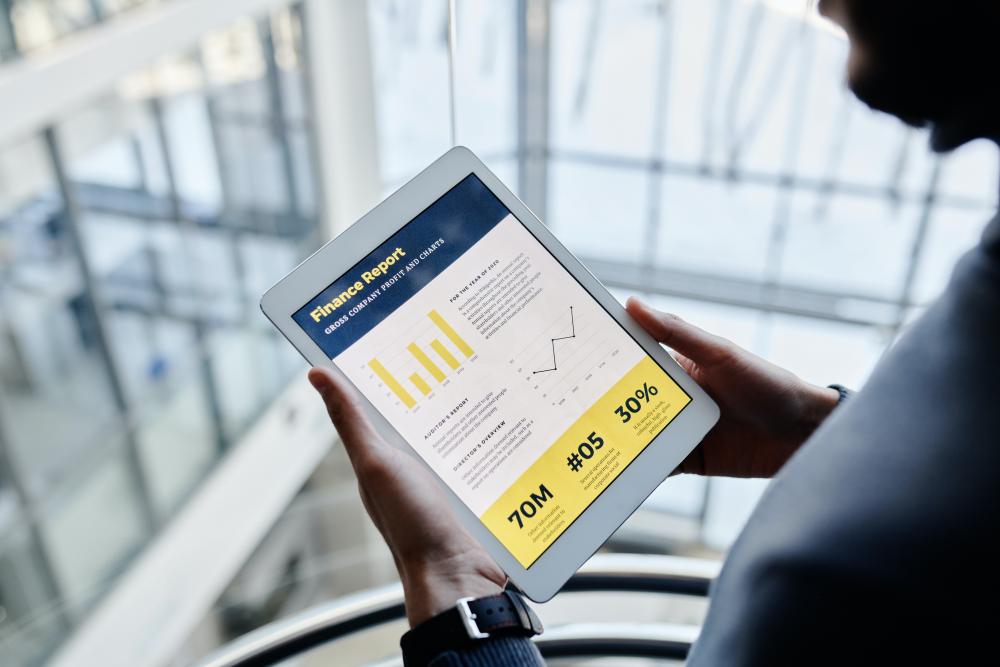
Financial literacy
It is common for college students to have questions about money management in college. Understanding concepts such as budgeting, using credit cards, managing debt and identity protection - known as financial literacy - is helpful in college and after graduation. SUNY and Maritime College seeks to empower students and build their financial literacy, enabling them to make sound financial decisions.
Financial Tips
Budgeting
One of the most important financial literacy skills you can learn is creating and following a personal budget. Setting up a budget allows you to chart your income and your expenses to make sure that what you’re paying for isn’t more than what you’re earning. Keeping a monthly budget of what you earn and spend can make you more aware of where your money is going.
Saving Strategies
While in college, take advantage of free events and student discounts. The less money you spend, the more money you will have later. Don’t buy things you want that you don’t need. Set up a savings account and contribute to it regularly. A healthy savings account can reduce the need to use a credit card for unforeseen expenses, such as car repairs or medical expenses.
Having emergency funds can lead to less stress and better financial wellness. Because this is money you want to easily access, it should be separate from your long-term savings. Like studying, you want to save smarter, not harder.

Credit and Identity Protection
Don’t apply for credit cards you don’t need. When you do apply for credit cards, keep your limit low to prevent yourself from overspending. Pay off the balance on your credit card each month. Also, ensure your interest rate is low and avoid credit cards with annual fees. Be sure to think critically about every purchase you make on your credit card. Due to interest and fees, you could end up paying more for something than its worth.
Student Loan Borrowing and Repayment
Borrow only what you need for your educational expenses. Determine what other expenses you’ll have after graduation: housing, food, transportation, health insurance, credit cards, etc. Consider what your monthly payments will be on the loan when it’s time to repay. Resist the temptation to use your student loans for other things beyond your educational expenses.
You can use Loan Stimulator, created by the U.S. Department of Education, to get an early look at which repayment plans you may be eligible for and see estimates for how much you would pay monthly and overall.
Financial Resources
SUNY Smart Track financial literary tools is an interactive tool created by SUNY that offers services and resources to help students understand how to manage money and make financial decisions. Topics include:
-
Banking basics
-
Borrowing money
-
Budgeting
-
Contracts
-
Credit cards
-
Identity theft
-
Paying for college
-
Tackling debt
-
Taxes
-
Understanding insurance
-
Working in college
-
Your first job
